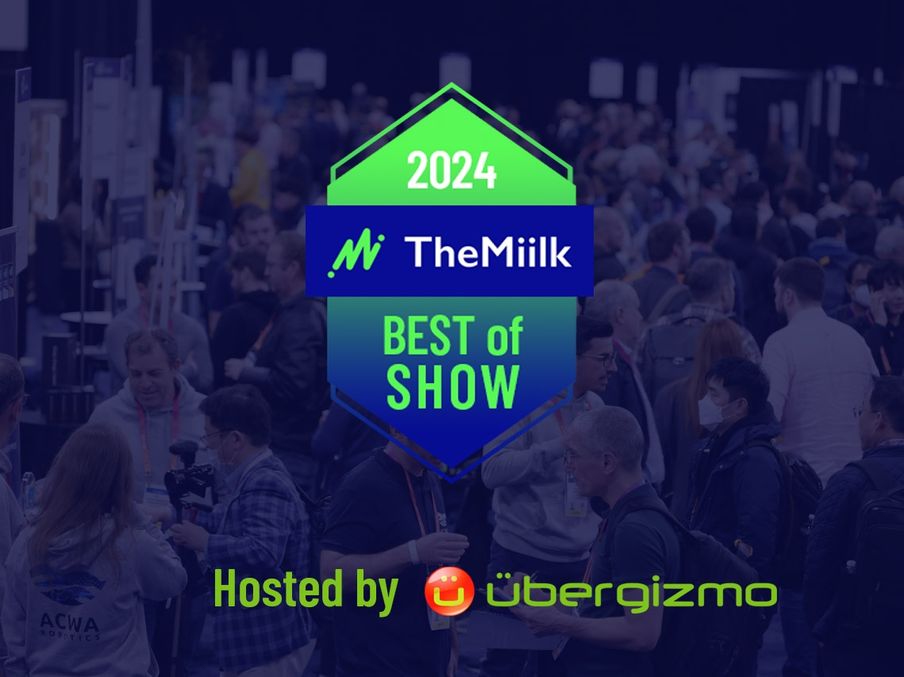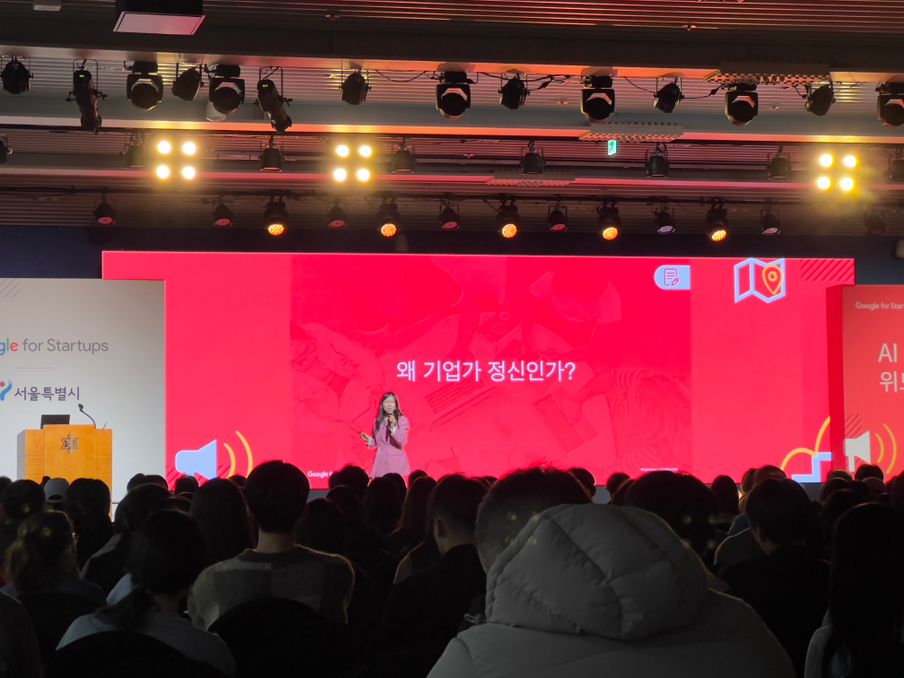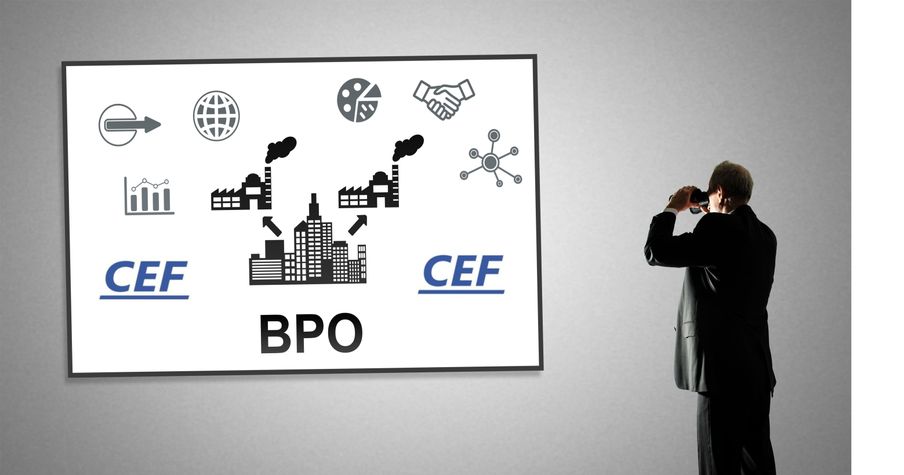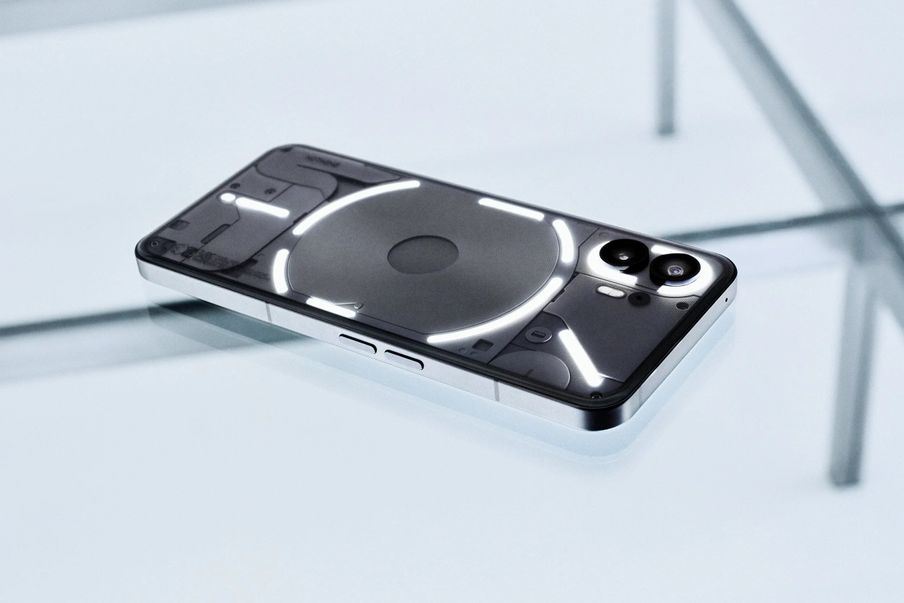The Miilk announces CES 2024 Best Innovations Award winners

The 'CES 2024 Best Innovations Award' acknowledges participants based on three key criteria: improvement for humanity, technological innovation, and commercialization.
The Miilk has announced a list of winners for CES 2024 Best Innovations Award, selecting companies and their products deemed the most innovative during the CES 2024 trade show, held from Jan 10-12, with collaborate with Ubergizmo.
The media company has become the official media partner of CTA, the organizer of the annual technology trade fair CES, starting from this year. The award event aims to recognize innovative products and services showcased at the annual CES trade fair.
At the inaugural award event, L'Oréal (France), Withings (France), Midbar (South Korea), Amazon Automotive (U.S.), Panasonic (Japan), Mandro (South Korea), and Emperor Pantomime (U.S.) were chosen as the winners.
The Miilk picked winners in seven industrial categories—Living, Health, Food, Mobility, Social, Environment, and Industrial, avoiding specific product categorizations like TV and smartphone.
The criteria were based on three main pillars: the purpose of companies or their products for humanity (purpose), the degree of technological innovation (innovation), and the potential for commercialization (commercialization).
The panel of judges for the award consisted of Youngsup Joo, a distinguished professor at Seoul National University and former chairman of the Korea ICT Convergence Network ), Yong-duk Lee, CEO of Dream N Future Labs and former NVIDIA Korea head, Hyung-uk Choi, CEO of Future Designers, Gumin Jeong, professor at Kookmin University, and Jaekwon Son, CEO of The Milk.
“There has been growing calls for new types of awards that truly recognize innovation and potential” said The Miilk CEO Son, citing questions over the selection criteria of those held by other media outlets, such as CNET and The Verge.
“The new awards signal a shift from traditional exhibitions mainly featuring TVs and home appliances to a convergence technology expo,” he said.
He also said that South Korean positions itself as an important player in the global innovation community, and the the launch of the event will help gather momentum through global events like CES.
While presenting the awards to the winners, The Miilk will collaborate with Silicon Valley tech media outlet UberGismo, which will also make the announcements and provide coverage of the winning firms and their products.
Here are the winners and their products in each category.
Living: Loreal’s BeautyGenius
L'Oréal's BeautyGenius, a personal AI beauty consulting app, acts as a beauty advisor. It is a ‘beauty solution’ that respects the beauty of each individual, according to the beauty firm.
The app allows users to access a perfect beauty advisor at any time, guiding them in selecting cosmetic ingredients and products tailored to their skin tone and condition.
The judges lauded BeautyGenius across all three criteria pillars, particularly recognizing its purpose aimed at embracing diverse ethnicities and aesthetic standards.

Health: BeamO by Withings
The Health Innovation category was claimed by BeamO, a contactless health measurement device developed by the French company Withings.
With the size of a candy bar, the product stands out as an all-in-one diagnostic tool capable of measuring body temperature, blood oxygen saturation, electrocardiogram, heart and lung monitoring, and more. It features a display and buttons for navigating through various diagnostic menus.
Aligned with the CES 2024 theme of "All On," BeamO is anticipated to revolutionize healthcare, particularly benefiting low-income and medically underserved populations, as well as patients requiring continuous diagnostic care.
The device's compact design and comprehensive diagnostic capabilities position it as a potential game changer in addressing the healthcare needs of diverse populations.

Food: Midbar's Air Farm
The Best Innovation award in the Food category was secured by the Korean company Midbar for their agricultural technology product, the 'Air Farm.'
Air Farm is the world's first inflatable smart farm system. Instead of growing in soil, plants absorb water, nutrients, and oxygen through mist.
The process involves the roots absorbing water, which is then released into the air. This discharged water is combined with a nutrient solution and sprayed back into the mist. This system, called ‘aeroponics,’ enables plant growth without the reliance on soil and conventional water infrastructure. Air Farm can be deployed in diverse environments, including war and disaster-stricken areas, space, and deserts.
"The Air Farm ticks all the boxes for the award. It boasts high productivity and resource efficiency," the judges stated.
The system's ability to cultivate plants anytime and anywhere, making it applicable in urban and arid settings, was particularly lauded. The Air Farm is poised to address one of humanity's paramount concerns—food security.
Additionally, the judges emphasized the economic benefits of Air Farm, recognizing its cost-effectiveness and portability. Its foldable design not only makes transportation economical but also ensures quick and easy setup.

Mobility: Amazon Automotive
Among many software-driven vehicles (SDVs) unveiled at this year’s CES 2024, Amazon Automotive distinguished itself with a comprehensive solution.
During the trade show, Amazon Automotive garnered attention by unveiling a cutting-edge platform that integrates an Alexa-based user interface with generative AI, leveraging its extensive language model. Within the car, Alexa serves as an assistant, engaging in communication with the driver.
Amazon’s comprehensive solution clinched the Best Innovation award in Mobility for successfully integrating both an automotive development platform and a service platform.

Environment: Panasonic Kinari Resin
In the Environment category, Panasonic's plastic substitute, Kinari Resin, won the title of Best Innovation. This product is a high-performance, biodegradable material based on plant fibers, offering a sustainable alternative to traditional plastics.
Kinari Resin is made by combining high-density fibers sourced from various plant waste with a petroleum-based resin. This biodegradable material is compatible with conventional injection presses, offering a distinct advantage for manufacturers using traditional production methods.
The judges commended Kinari Resin for its potential to combat the escalating plastic problem.
"If it can be seamlessly integrated without additional costs or side effects, it has the potential to be a breakthrough innovation," the judge panel stated.

Social: Mand.ro Mark 7D
South Korean company Mand.ro clinched the title of Best Innovation in the Social Innovation category with its robotic prosthetic finger, the Mand.ro Mark 7D. The company stole the spotlight at CES 2024 with the introduction of this device tailored for individuals with partial hand amputations.
The Mark 7D not only earned the prestigious Best Innovation Award at CES 2024 but also garnered recognition from Microsoft CEO Satya Nadella, who visited Mand.ro's booth.
Designed with precision for individuals with finger amputations, the Mark 7D boasts a new manufacturing method that allows for customization. The product's affordability, priced at approximately 500,000 won compared to around 10 million won for conventional prosthetic products, significantly contributed to its high acclaim.

Industrial: Afference Phantom
The Industrial Innovation category recognizes the outstanding achievement of the American company Afference for its wearable device, Phantom. Afference's Phantom, which secured the Best Innovation Award at CES 2024, is designed to stimulate the nervous system, creating tactile sensations in XR (extended reality) environments. This unique technology directly connects to the neuronal system, providing genuine tactile feedback that users can feel on their fingers.
Worn on the wrist, the Phantom can be wirelessly connected to headsets, glasses, and mobile devices. Afference boasts a team of engineers with decades of research experience in brain-machine interfaces, underpinning the robustness of the technology.
The judge panel commended the Phantom for its ability to simulate the tactile feedback of physically touching or controlling an object in a virtual environment. Recognizing its potential applications, they highlighted industries such as telesurgery and remote control as areas where this technology could make significant contributions.










